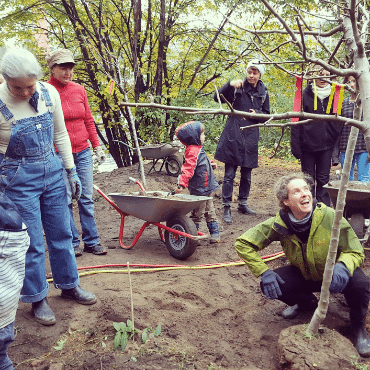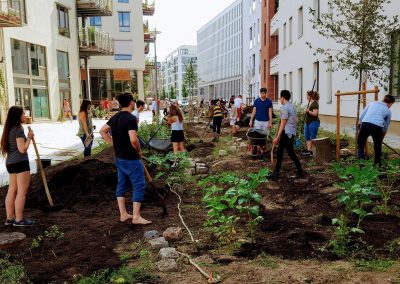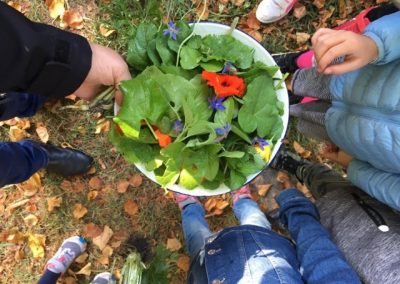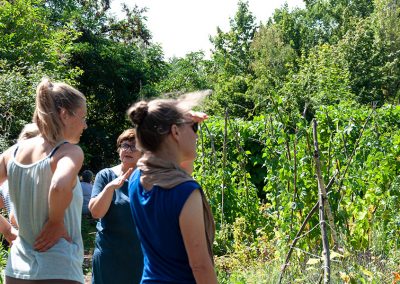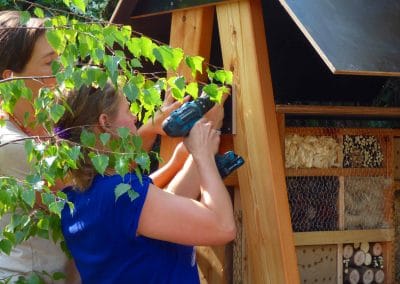Tarpuna
Tarpuna
Tarpuna is a non-profit social initiative cooperative formed by a team of people committed to sustainability, equality of opportunities and social justice.
We do social innovation at the service of the community, through transformative local projects with sustainability criteria. We essentially work on three basic areas of everyday life: agriculture (and food), energy, and manufacturing (the objects).
We are passionate about cooperative projects, and what motivates us is not only ‘what’, but ‘how’ and ‘why’. We organise ourselves with self-managing work, with a continuous communication among us and with all the network we build on.
Tarpuna means “to sow” in Quechua. We took this word to call ourselves because we like to give birth to transformative initiatives that have their own lives. To do this, we work transversely with people from different fields.
Social growing gardens in Sant Feliu de Llobregat, is one of our agricultural projects, with which we aim to help people with social, education or economic problems to empower themselves and to develop useful skills to live better. Sant Feliu de Llobregat is one of the cities, among others, that has bet on growing gardens as a very complete strategy to improve the quality of life of the citizenship.
[ess_grid alias="grid-1"]
Updates für diese Seite an EdiCitNet schicken
Wir freuen uns, wenn du uns Updates für diese Seite per E-Mail schickst.

